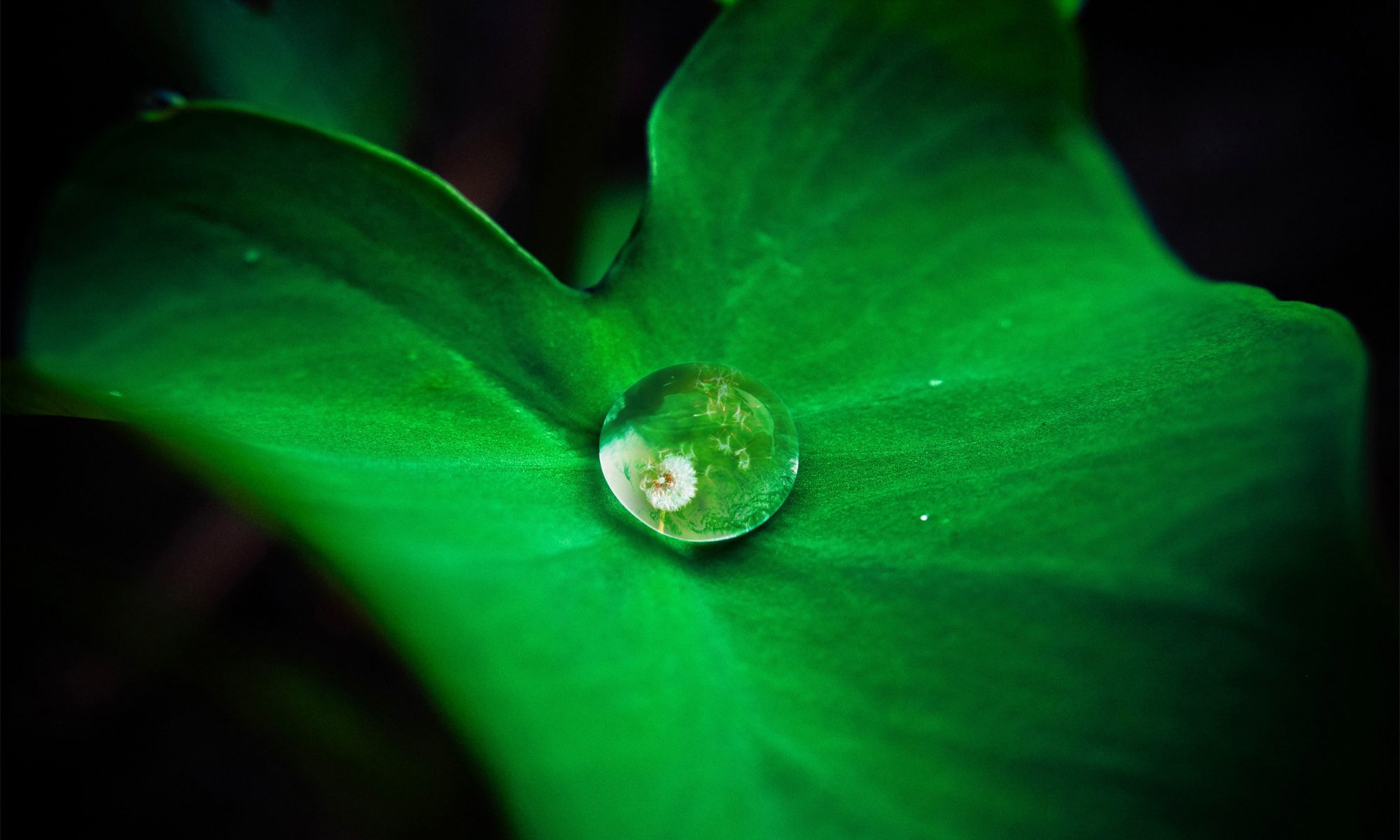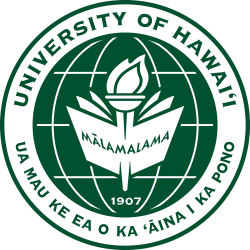 Department of Linguistics (emeritus)
Department of Linguistics (emeritus)
lylecamp [at] hawaii [dot] edu
Bio: Lyle Campbell grew up in rural Oregon. He received a B.A. in Archaeology and Anthropology in 1966, M.A. in Linguistics (University of Washington) in 1967, and Ph.D. in Linguistics (UCLA) in 1971.
Campbell held appointments at the University of Missouri (1971–1974), the State University of New York at Albany (1974–1989), Louisiana State University (1989–1994), the University of Canterbury, in Christchurch, New Zealand (1994–2004), the University of Utah (2004–2010), and currently the University of Hawai’i at Manoa. He has been a visiting professor at Australian National University, Colegio de México, Memorial University, University of Hamburg, University of Helsinki, National Autonomous University of Mexico, Universidad del País Vasco, University of Turku, and at three universities in Brazil. He has held joint appointments in Linguistics, Anthropology, Behavioral Research, Latin American Studies, and Spanish.More…


 Department of Tropical Plant and Soil Sciences
Department of Tropical Plant and Soil Sciences Department of Biology
Department of Biology Department of Botany
Department of Botany Department of Anthropology
Department of Anthropology Department of Linguistics
Department of Linguistics
 Center for Pacific Island Studies
Center for Pacific Island Studies Department of Ethnic Studies
Department of Ethnic Studies Department of Natural Resources and Environmental Management
Department of Natural Resources and Environmental Management